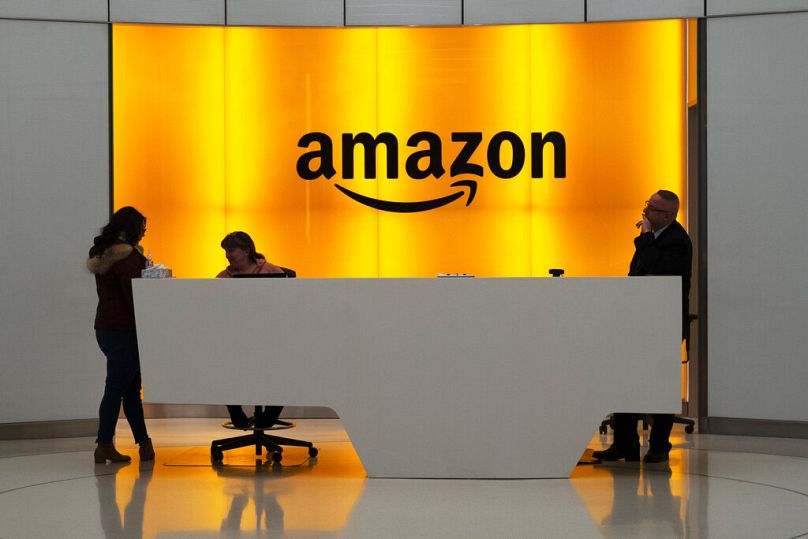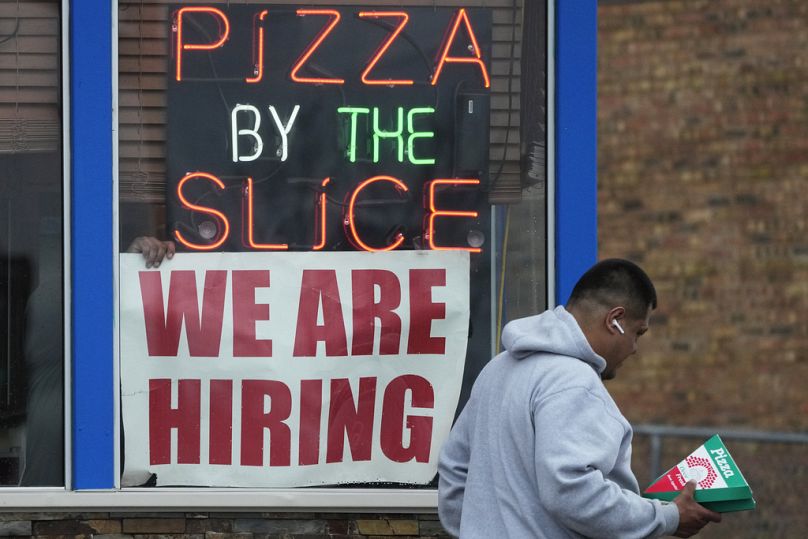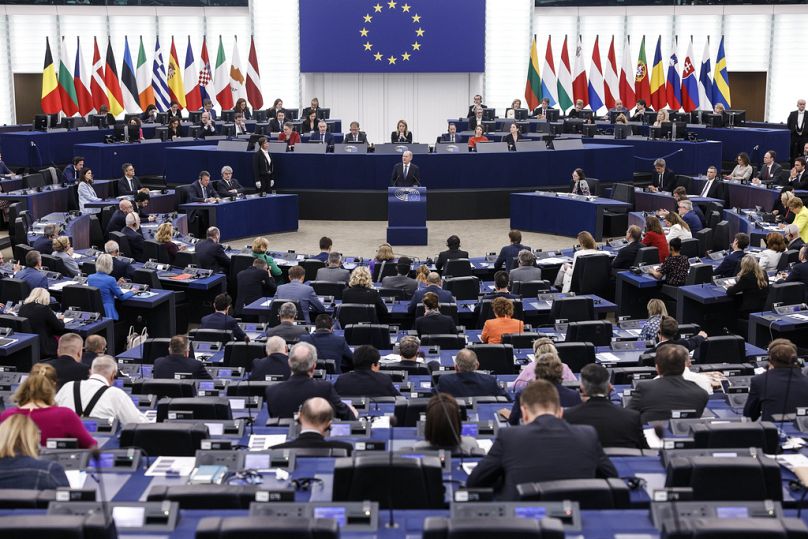Relying too heavily on automation and AI is akin to commercial airlines simply using autopilot: there’s too much on the line to dismiss the importance of human intervention, Oz Rashid writes.
Since recruiting methods are increasingly relying on artificial intelligence (AI), the principles used to identify qualified individuals have come into question.
 ADVERTISEMENT
ADVERTISEMENT
 ADVERTISEMENT
ADVERTISEMENT
While these machines seem like a worthy replacement to subjective hiring managers, they can perpetuate historic company and algorithmic bias, discriminate against an applicant's gender or age, and erode the laws in our democracies.
Therefore, the world's workforce shouldn’t be selected through AI alone.
Trained professionals must be knowledgeable about AI recruiting methods and implement sufficient safeguards to keep programs ethical and the world safe.
Cases showing AI bias already exist
While AI has the potential to improve many aspects of the workplace, it also has the capability to undermine acceptable hiring practices and exacerbate wealth inequality.
A 2022 Cambridge University study revealed how voice and phrenology analyses are unreliable, biased methods for identifying ideal applicant traits.
Phrenology, a pseudoscience that claims skull patterns are linked to particular human characteristics, has been heavily contested, and voice analyses can be regarded as another underdeveloped practice not worthy of determining who deserves a job.
Since AI hiring tools can unintentionally discriminate against others, they can also be applied consciously as a way to manipulate a candidate pool.
The software can easily be hardwired to reject applicants with disabilities, a specific racial background, or based on physical profiles alone.
For instance, a case from 2018 showed that while Amazon’s recruitment tool was designed to solicit applicants of all genders, the hiring data used to train the tool was male-dominant.
This caused the machine to interpret women as incompatible candidates and reject their applications.
Although this stemmed from biased data alone, this detailed analysis could screen applicants on information they didn’t even know they were sharing.
In 2019, the company HireVue released software that ranked job applicants’ employability based on their facial movements, word choice, and how they spoke.
Algorithms can have biases, too
Prior to AI recruitment tools, Applicant Tracking Systems (ATSs) have been popular applications used since the 90s.
ATSs are helpful for sourcing, filtering, and analysing candidates throughout the entire recruiting and hiring process, but they can exacerbate workplace bias, and many have become outdated.
Therefore, replacing old ATSs with modernised tools is smart as long as experienced professionals are still involved.
Too often, hiring managers and other business leaders think that AI will replace the jobs of talented HR teams because it’s less biased and more efficient.
In reality, even the most carefully programmed AI will have algorithmic biases and can make disconcerting decisions.
All humans have an unconscious bias to prefer things familiar to them, which can directly skew the hiring data a machine learns from.
Managing AI use in recruiting is crucial for protecting the rights of every citizen and ensuring that society has access to opportunities that keep them and their families alive.
This kind of regulation can only be done through proper safeguards and monitoring.
We shouldn't rely on autopilot too much
From the moment candidates are sourced, machine learning and predictive algorithms choose which individuals should see a job advertisement and which should be accepted.
A study from Northeastern University in Boston and USC reported that Facebook advertised 85% of cashier jobs to women and showcased a taxi company’s vacancies to audiences that were 75% black.
This situation most likely resulted from an AI’s independent evaluation of what applicants each company preferred.
While that behaviour isn’t inherently malicious, it’s in violation of US Equal Employment Opportunity laws.
Unfortunately, 79% of organisations used a combination of automation and AI for hiring in 2022, and the majority are completely unaware that their system is producing biased outcomes.
Relying too heavily on automation and AI is akin to commercial airlines simply using autopilot: there’s too much on the line to dismiss the importance of human intervention.
Future-proofing efforts are everyone's responsibility
In the past, organisations may have been shielded from being held accountable for their biases.
However, new legislation like New York’s Local Law 144 guarantees transparency and accountability in AI hiring.
The European Union's upcoming AI Act is somewhat more opaque as to what type of remedies will be in place to prevent AI's hiring bias, but the intention to create protections is there.
Meanwhile, organisations should already be educating themselves on which protocols protect them and their applicants.
Minimising the risk of exacerbating discrimination in the recruitment and hiring process can be achieved through the implementation of safeguards such as auditing systems designed to detect bias and conducting thorough reviews of the data sets used by AI learning.
Vendors should also be able to provide transparency within their algorithms, including how they were trained, what data was used, and what assumptions were made.
This information should be accompanied by clear explanations of their efforts to mitigate bias and verified compliance to conduct ongoing testing that will catch future biases.
AI can still improve existing hiring practices if incorporated safely
Permitting AI to fully control an entire company’s hiring processes should never be acceptable.
This allowance disengages employers from the people they need, and even worse, it could perpetuate discriminatory hiring decisions.
To counter this, we must learn how to incorporate AI safely and effectively into our existing hiring practices. This will benefit the long-term health of our organisations, the workforce that supports them, and global economies.
AI is a marvellous tool with a unique value proposition, but there is a balance that we need to strike to produce transformational results and keep humankind in control of its future.
Oz Rashid is the CEO and founder of MSH, a global tech and talent solutions company.
At Euronews, we believe all views matter. Contact us at view@euronews.com to send pitches or submissions and be part of the conversation.














